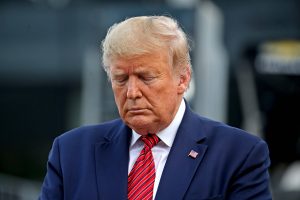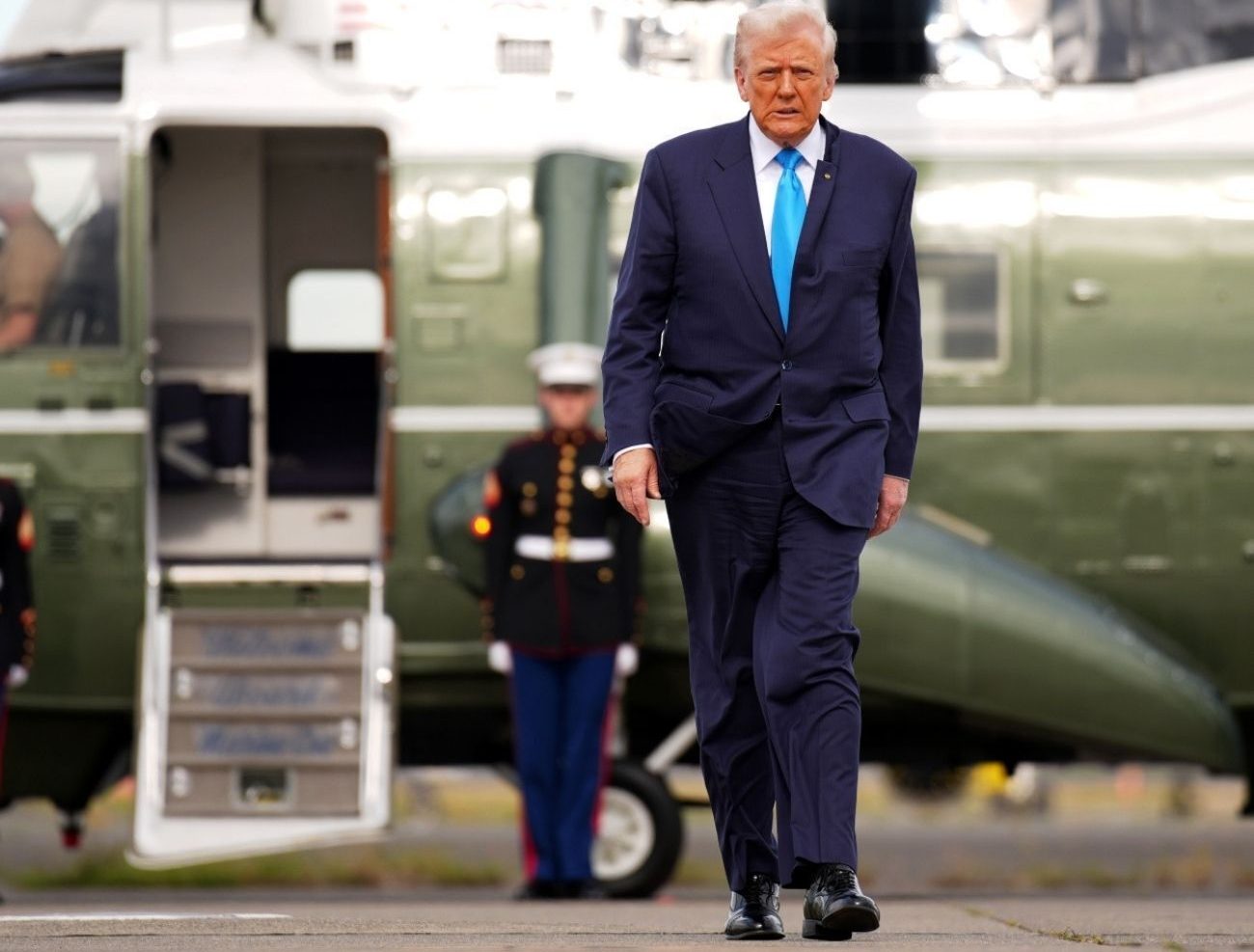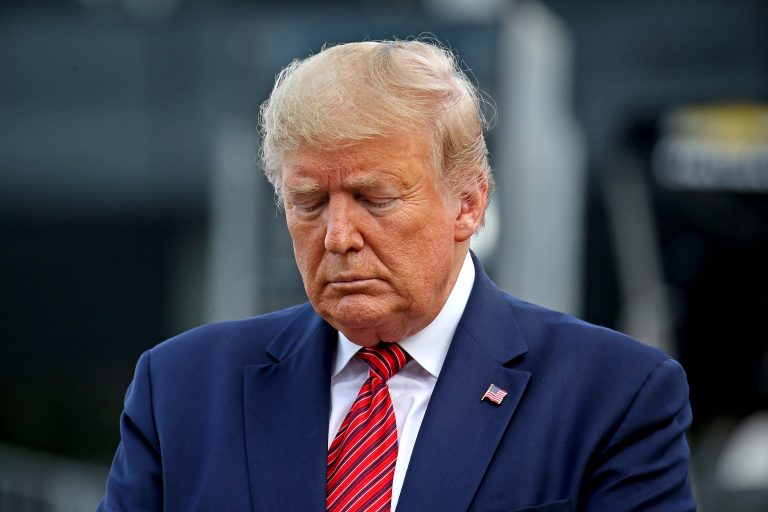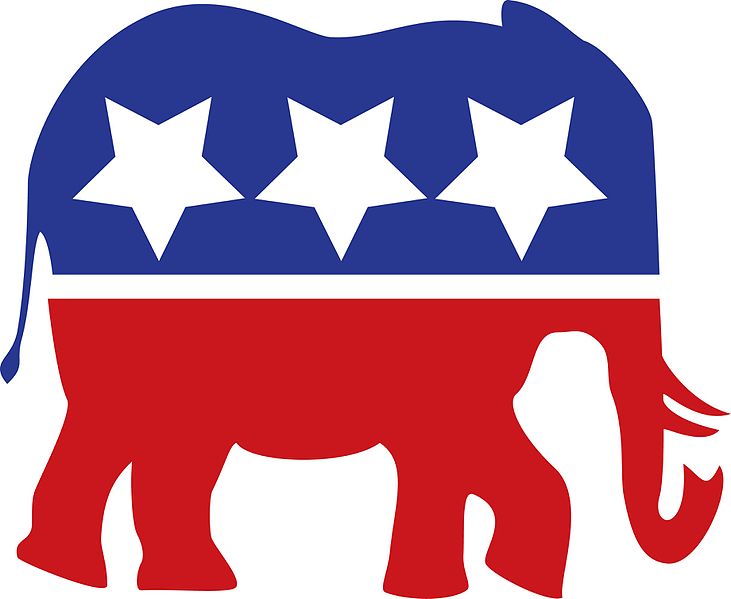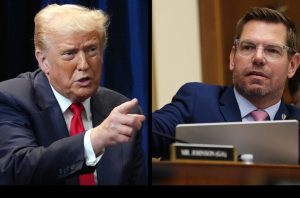WASHINGTON, D.C. — A federal judge has ruled that the Trump administration cannot enforce its new requirement for documentary proof of U.S. citizenship on federal voter registration forms — a key component of President Donald Trump’s March executive order on election integrity.
The ruling, handed down Friday by U.S. District Judge Colleen Kollar-Kotelly, permanently blocks the mandate, calling it an “unconstitutional overreach of presidential authority.”
In a 48-page opinion, Kollar-Kotelly sided with the Democratic National Committee (DNC) and several allied groups — including the League of Women Voters Education Fund and the League of United Latin American Citizens — who argued that Trump’s directive would unlawfully restrict voter access and burden election officials.
“The first question presented in these consolidated cases is whether the President, acting unilaterally, may direct changes to federal election procedures,” Kollar-Kotelly wrote.
“Because our Constitution assigns responsibility for election regulation to the States and to Congress, this Court holds that the President lacks the authority to direct such changes.”
The decision marks a significant blow to one of Trump’s most visible election integrity initiatives — and sets up yet another high-stakes legal battle over federal versus state control of elections.
Court Strikes Down Trump’s Citizenship Proof Mandate
The executive order in question, issued in March 2025, required individuals registering to vote in federal elections to present government-issued proof of U.S. citizenship, such as a birth certificate or passport.
It also instructed the U.S. Election Assistance Commission (EAC) to modify the national voter registration form accordingly, and directed the Attorney General to coordinate data-sharing agreements with state officials to detect noncitizen voting.
Kollar-Kotelly’s ruling permanently bars the EAC from enforcing or implementing any version of that requirement, concluding that the president does not possess unilateral authority to alter federal election procedures.
“The Constitution assigns no direct role to the President in either domain,” the judge wrote, referring to voter qualification standards and election mechanics.
Her decision transforms what had been a temporary injunction — first issued in April — into a permanent block on the citizenship proof provision.
White House Pushes Back: “Common Sense and Legal”
White House officials blasted the decision and immediately announced plans to appeal.
“President Trump has exercised his lawful authority to ensure only American citizens are casting ballots in American elections,” said Abigail Jackson, the White House deputy press secretary.
“This is so commonsense that only the Democrat Party would file a lawsuit against it. We expect to be vindicated by a higher court.”
Supporters of the executive order argue that the policy is necessary to restore voter confidence after years of public skepticism about election integrity.
Trump has defended the measure as a “simple, fair safeguard.”
“We want fair elections,” the president said at the time of signing the order. “It’s not radical to ask for proof that someone is an American citizen before they vote in an American election.”
Democratic Groups Celebrate the Ruling
Democratic leaders and left-leaning advocacy organizations celebrated the ruling as a major victory for voting rights.
“This ruling is a reminder that no president — not even Donald Trump — can rewrite election law to serve his political agenda,” said DNC Chair Jaime Harrison.
The plaintiffs in the case claimed that requiring documentary proof of citizenship would disenfranchise naturalized citizens, low-income voters, and others who may not have ready access to documents like passports or certified birth certificates.
The League of Women Voters argued that the order would “unlawfully suppress registration efforts” and strain local election offices.
What’s Next for Trump’s Election Reforms
Friday’s ruling does not end the litigation entirely. Other elements of Trump’s March 25 executive order remain under judicial review — including a mail-in ballot deadline provision that would require all ballots to be received (not merely postmarked) by Election Day to be counted.
That part of the order has drawn opposition from vote-by-mail states such as Washington and Oregon, where nearly all elections are conducted through the mail.
This is the second time a federal court has blocked portions of Trump’s order. In June, another federal judge halted enforcement after 19 Democratic attorneys general sued, claiming the White House directive infringed on states’ constitutional authority to manage elections.
Legal Experts: “Appeal Likely, But Uphill”
Constitutional experts say the case could end up before the D.C. Circuit Court of Appeals — and possibly the U.S. Supreme Court — if the administration pursues its promised appeal.
“The administration has a colorable argument that enforcing existing federal laws against noncitizen voting falls within executive authority,” said one election law attorney familiar with the case.
“But what the court struck down was the mechanism — the attempt to change federal registration forms unilaterally — which is where the separation-of-powers issue arises.”
The attorney added that while Trump may have broad discretion to enforce election laws, the Constitution delegates control over voter qualifications and registration primarily to Congress and the states.
Broader Debate: Election Integrity vs. Access
The ruling reignites the national debate over election security — one that has defined much of Trump’s presidency and political identity.
Polls consistently show that a majority of Americans support some form of proof-of-citizenship requirement for voting. But Democrats argue such measures amount to modern-day voter suppression.
The EAC — the federal agency responsible for overseeing the national registration form — has been caught in the middle of this dispute, facing political pressure from both sides. Under Friday’s order, it is now permanently barred from adding a citizenship documentation line or requiring states to collect that information.
Appeal Expected Soon
The Trump administration has signaled it will appeal immediately. If the case moves forward, it could become a defining constitutional test of presidential power over elections — and set new precedent ahead of the 2026 midterms.
For now, the decision halts one of the administration’s most aggressive election integrity initiatives — and hands Democrats a symbolic win in their ongoing clash with the White House over how far the executive branch can go in policing voter eligibility.

James Jenkins is a celebrated Pulitzer Prize-winning author whose work has reshaped the way readers think about social justice and human rights in America. Raised in Atlanta, Georgia, James grew up in a community that instilled in him both resilience and a strong sense of responsibility toward others. After studying political science and creative writing at Howard University, he worked as a journalist covering civil rights issues before dedicating himself fully to fiction. His novels are known for their sharp, empathetic portraits of marginalized communities and for weaving personal stories with broader political realities. Jenkins’s breakout novel, Shadows of Freedom, won national acclaim for its unflinching look at systemic inequality, while his more recent works explore themes of identity, resilience, and the fight for dignity in the face of oppression. Beyond his novels, James is an active public speaker, lecturing at universities and participating in nonprofit initiatives that support literacy and community empowerment. He believes that storytelling is a way to preserve history and inspire change. When not writing, James enjoys jazz music, mentoring young writers, and traveling with his family to explore cultures and stories around the world.



